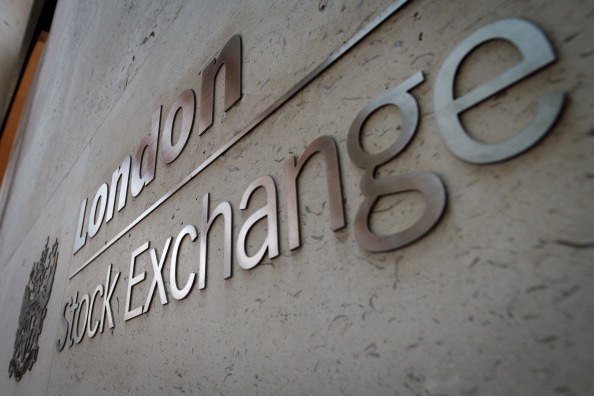FTSE hits five-week high as stock markets buoyed by Trump tariff reprieve

The FTSE 100 hit a five-week high this morning as the easing of global trade fears and a falling pound boosted the UK’s main stock market index.
Read more: US and Mexico sign agreement to avoid tariffs
US President Donald Trump’s decision to row back on tariffs on Mexico that were due to come into force today has cheered investors around the world, putting global stock markets firmly in the green.
Trump had threatened to slap a five per cent tariff on all imports from Mexico unless the US’s southern neighbour clamped down on immigration to the United States.
Yet on Friday a deal was reached between the two sides under which Mexico will expand a programme that sends migrants seeking asylum in the US back to Mexico to await a decision, and beef up security at its southern border.
European investors breathed a sigh of relief this morning after more tariffs had not been applied. The FTSE 100 rose 0.6 per cent to 7,373.4.
Germany’s DAX index rose 0.8 per cent, while France’s CAC 40 climbed 0.3 per cent. The pan-European Euronext 100 also rose 0.3 per cent.
Asian markets had risen overnight, with China’s Shanghai composite index finishing the night 0.9 per cent higher, Honk Kong’s Hang Seng rocketing two per cent, and Japan’s Nikkei 225 climbing 1.2 per cent.
Craig Erlam, senior market analyst at Oanda, said: “The deal between the US and Mexico to avoid tariffs will naturally be helping to boost investor sentiment. While this wasn’t a tariff spat that had yet got underway, the risk was very real and could have escalated very quickly.”
He said: “If the Trump team can make headway with China at the G20 later this month, investors will be far happier.”
Fiona Cincotta, senior market analyst at City Index, said: “The bigger underlying factor supporting the morning’s trade is Chinese data showing the country’s exports managed to increase in May despite the US trade tariffs.”
Read more: Markets brace as Trump threatens Meixco with 25 per cent tariffs
She said: “Concerns that the Sino-US trade war will eventually lead to a slowdown in China’s economy have been eroding the markets for months and the data will go some way to alleviate those fears.”